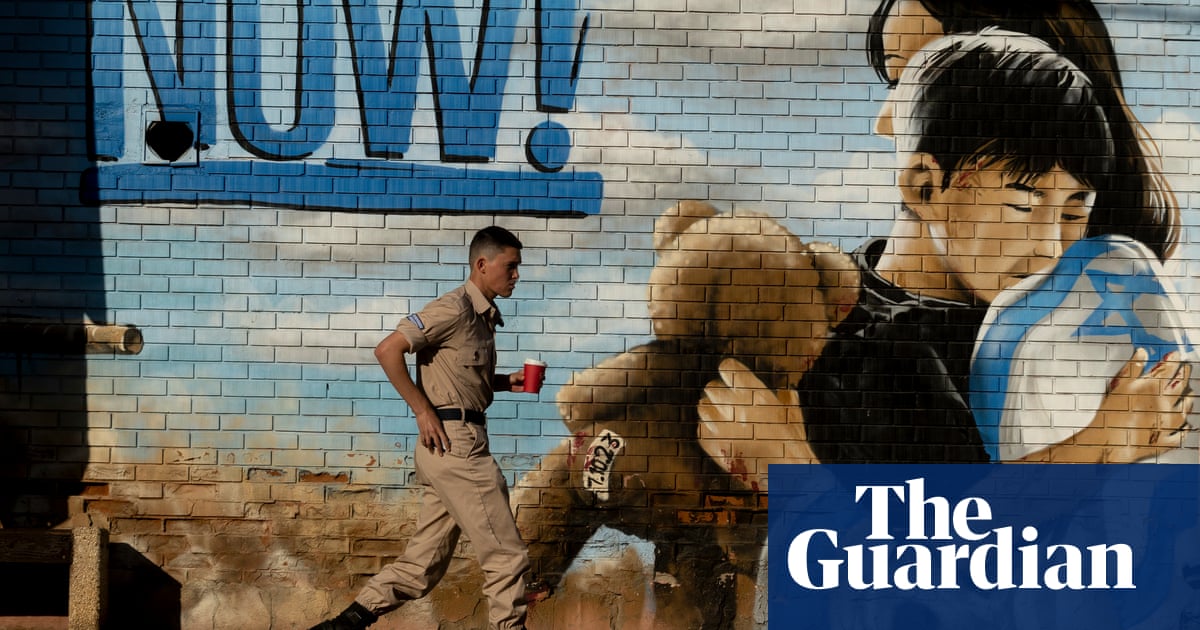Families cautiously optimistic that Israeli hostages may soon be free

The families of Israeli hostages held captive for 15 months in the Gaza Strip have voiced cautious optimism their loved ones may soon be free as talks to broker a ceasefire between Israel and Hamas continued in Qatar.
“The reports suggesting a potential deal to secure the release of our loved ones offer a glimmer of hope, though we remain cautious,” a statement from the families released by the Hostages and Missing Families Forum headquarters said on Tuesday. “Our hearts are filled with both hope and apprehension as we await concrete developments. In these sensitive times, it is our shared responsibility to exercise care and consideration.”
The hopes of the families have been raised and dashed numerous times since the 7 October 2023 attack when their relatives were captured by Hamas in the attack that triggered the conflict. During the temporary ceasefire of November 2023, 81 Israelis held in Gaza were freed in exchange for 240 Palestinians in Israeli jails.
“Every day you fear the worst,” Moshe Emilio Lavi – whose brother-in-law, Omri Miran, is among the hostages – told the Guardian. “Time ran out a long time ago. The international community completely failed. Our government failed by not prioritising their release enough.”
The forum – the representative of the families – said it remained “hopeful that any deal, even a limited one, represents an important first step toward a comprehensive agreement […] to bringing everyone home”.
Of the 251 hostages kidnapped by Hamas, 94 people are believed to be held in Gaza. However, Israeli and western intelligence services estimate that at least one-third of them have died.
Families gathered outside the Knesset in Jerusalem on Tuesday morning, forming a human chain to send a powerful message: no hostage should be left behind.
Representatives then met the Israeli prime minister, Benjamin Netanyahu, who told them that talks were advancing and “he is doing everything he can to bring about the release of all hostages”, Israel’s Channel 12 reported.
Gil Dickmann, the cousin of Carmel Gat, who the Israeli military said was murdered by her captors, told reporters outside the Knesset: “From what we understand, at this stage, only the first phase of the deal has been agreed upon completely […] We are deeply concerned that, 465 days after 7 October, there is still no agreement promising the return of all hostages. We don’t want to leave anyone behind or hear about more hostages being murdered in captivity.”
He added: “Living hostages could die, and deceased hostages might remain there with their fates unknown. Time is not on their side. All of them are humanitarian cases, and every family deserves to have their loved ones returned. We are grateful for every life saved and hoping to see all hostages home soon.’’
Israeli media said the agreement would involve an initial release of 33 Israeli hostages, including children, women, elderly people and the sick, and up to 1,000 Palestinians in Israeli prisons, alongside a partial Israeli troop withdrawal in a first phase lasting 60 days.
After 16 days, talks would begin on a second phase of the agreement, which would involve the release of other survivors among the 61 remaining hostages, including military-age men, and the bodies of those who have died. The Israeli military withdrawal would be completed in the course of this second stage.
The families of the hostages have been protesting against the Israeli government for months, but fear a deal may still be hindered by the far-right parties of Netanyahu’s coalition that refuse to accept an agreement until Hamas is completely defeated.
The Israeli finance minister, Bezalel Smotrich, the head of one of the hardline nationalist religious parties in the ruling coalition, on Monday denounced the agreement being worked out in Qatar as a “surrender” deal.
“They are exploiting the hostage deal because they have other interests, like re-establishing settlements in northern Gaza,” Lavi said. “I just hope the government is not going to make an unwise decision this time.”
Related
Qatar emphasizes importance of reaching agreement between US, Iran
CAIROQatar's Prime Minister Sheikh Mohammed bin Abdulrahman Al-Thani stressed the critical need for an agreement between the US and
International Women’s Day: Seeking a Balance with Ghada Al Subaey
1309’s Ghada Al Subaey of Qatar celebrates the many layers of femininity in her recent drop, called Labyrinth of Light. This International Women’s Day, the
Discover Ooredoo Plans and Services in Qatar
Ooredoo is the household name in the field of telecommunications and provides a full portfolio of telecom services: mobile plans for everyone, home
What Will The Imminent Qatar Airways Widebody Order Include?
Which Airline Alliance Do You Prefer To Fly With?












